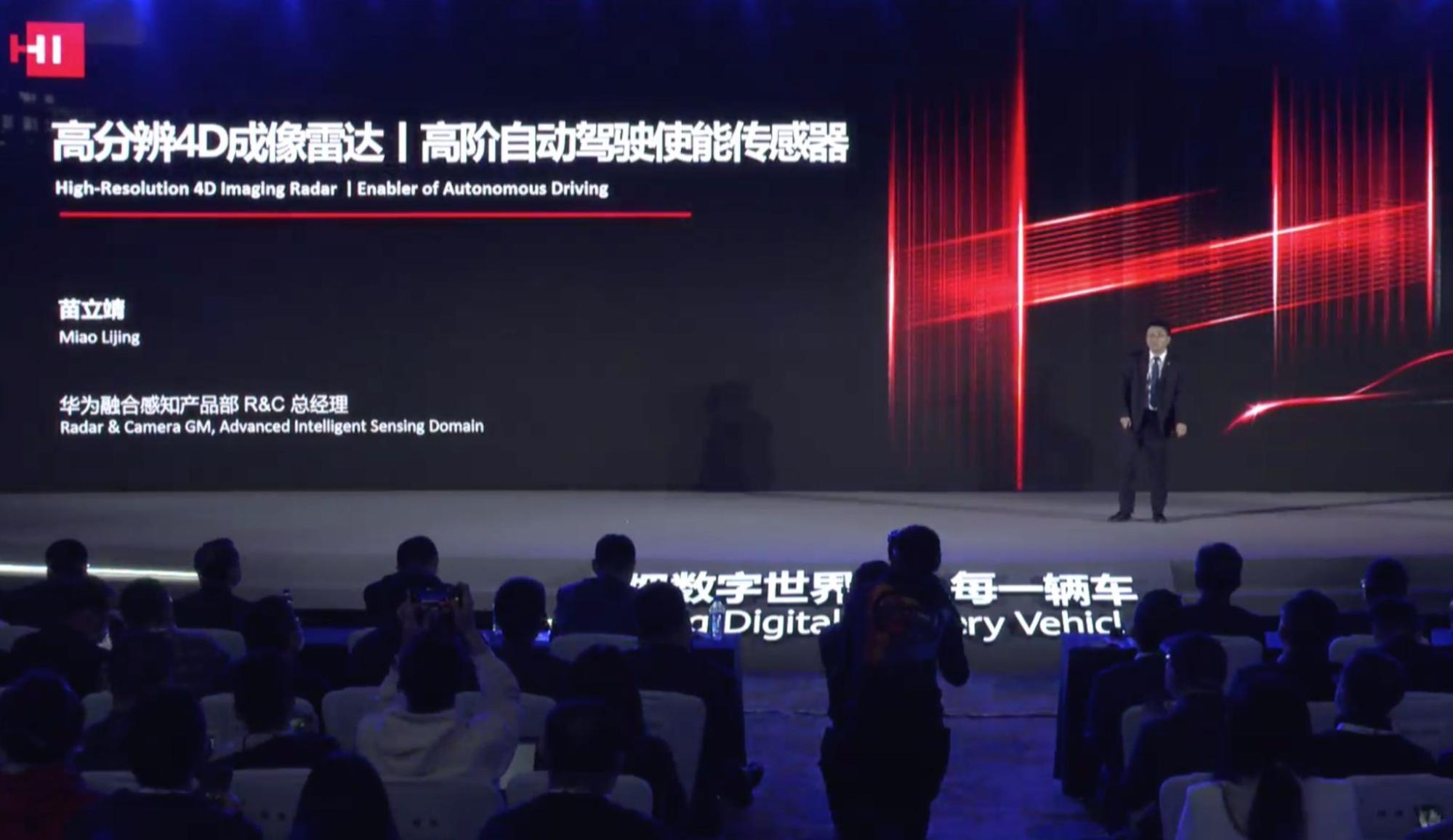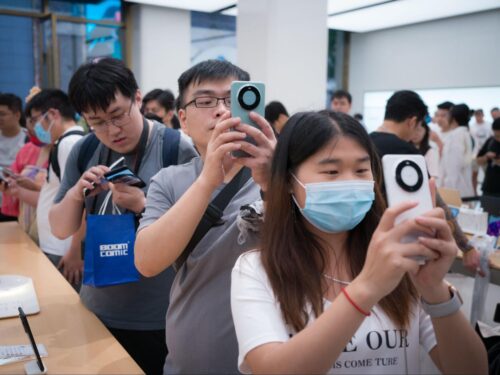Huawei to hire 5,000 engineers for electric car tech
Huawei’s global phone ambitions have been severely affected by U.S. sanctions, but the Chinese networking company is a warhorse, charging into the fast-growing multibillion-dollar market for components and software for electric and smart vehicles.

Boatloads of money are going into China’s rapidly growing electric vehicle (EV) sector, and China’s major tech giants are making their intentions clear: They want to be as integral to cars as Microsoft once was to PCs.
On April 18, China’s phone and networking equipment giant Huawei unveiled plans to invest $1 billion in intelligent driving software for electric vehicles at its product launch event in Shanghai (in Chinese).
“Huawei is going to continue to ramp up its investment in the auto industry,” said Wáng Jūn 王军 (in Chinese), president of Huawei’s intelligent vehicle unit. The company plans to hire “more than 5,000 engineers, with 2,000 specifically focused on autonomous driving.”
The launch event unveiled five new technologies:
- A smart cockpit
- A car-mounted computing platform
- Radar systems
- An open-source autonomous driving platform
- Thermal management systems
A day earlier, state-owned automaker BAIC launched its new EV model featuring many of the Huawei technologies mentioned. The luxury model Alpha S utilizes Huawei’s fast-charging technology, LiDAR, a smart cockpit equipped with Huawei’s operating system, and autopilot.
Huawei has previously revealed that it will collaborate with three companies, including BAIC, Chongqing Changan Automobile, and Guangzhou Automobile. Each will have their own sub-brand featuring Huawei’s autonomous technology.
On April 16, shares of BAIC, Changan Automobile, and Guangzhou Automobile jumped 10.4%, 9.9%, and 6.6%, respectively.
After a tumultuous year of U.S. sanctions, which left its smartphone business dangling off a cliff, Huawei is now looking for new growth areas. Three out of five new cars sold in China will be electric by 2030, a market opportunity worth $360 billion if we assume an average car costs $20,000. The embattled tech giant now hopes that its intelligence software will be as integral to future EVs as Microsoft’s operating system once was to PCs. At the launch, Wang told the audience that a number of Huawei-powered self-driving cars would be available on the market by this time next year.
But Huawei is not alone. China’s major internet companies are all piling in to smart and electric cars. They include Baidu, partnered with automaker Geely, Alibaba, partnered with SAIC, and Tencent, partnered with Evergrande. Xiaomi, Huawei’s main consumer electronics competitor, also joined the race this spring, investing $10 billion in an EV subsidiary. Finally, NIO and XPeng, two publicly listed automakers following close on the heels of Tesla, have their own intelligence software systems called NIO Pilot and XPILOT.
Huawei’s launch event was in advance of the Shanghai Auto Show, which commences on Wednesday. There should be a lot of new products promised or on display after a tumultuous year in China’s EV business.






